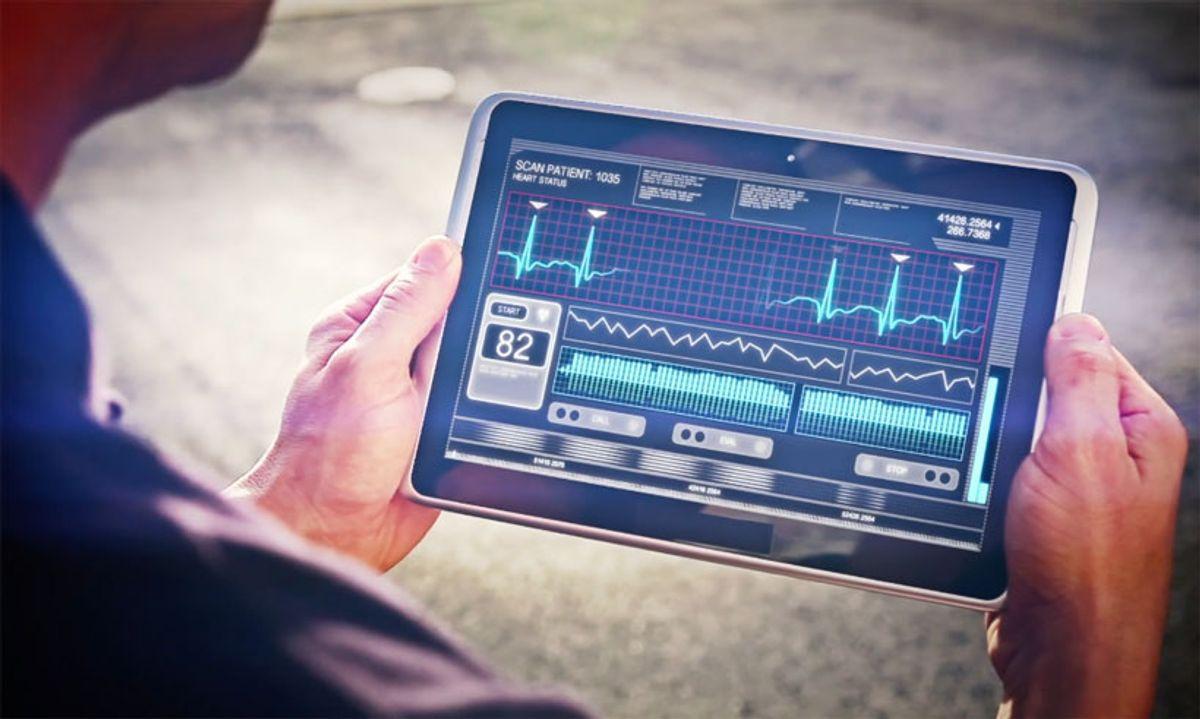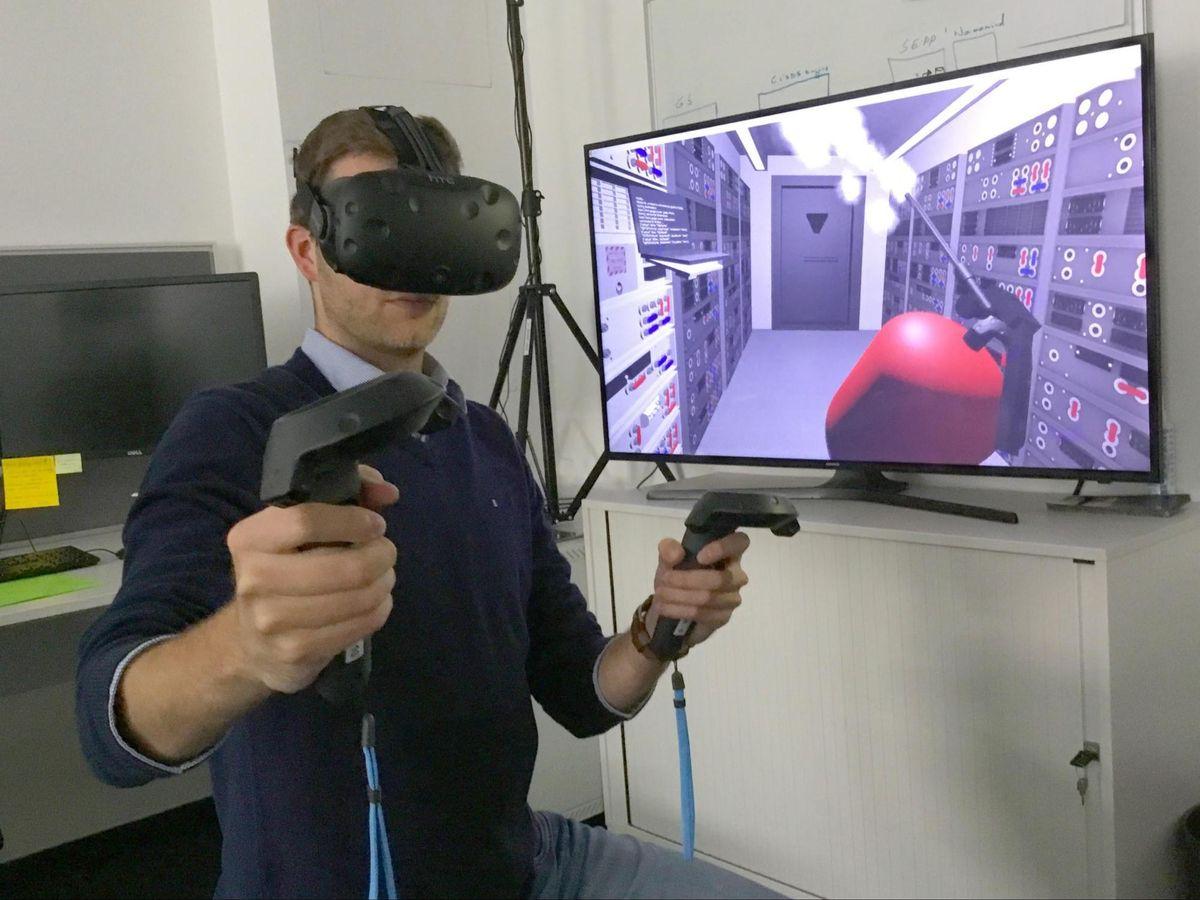The landscape of event management is rapidly evolving with the advent of new technologies. From AI and IoT to blockchain and immersive realities, these innovations are not only enhancing the efficiency of event operations but also elevating the attendee experience. This article explores how cutting-edge technologies are revolutionizing the way events are executed, making them more interactive, secure, and personalized.
Key Takeaways
- Exploration of AI applications in creating personalized event experiences through attendee matching and content customization.
- Discussion on the role of IoT in improving event operations, focusing on smart venue management and wearable technologies.
- Insight into the impact of blockchain and immersive technologies like AR and VR in enhancing event security, engagement, and innovation.
Integrating AI for Personalized Event Experiences

AI-driven Attendee Matching
Utilize advanced algorithms to analyze attendee data and preferences to facilitate connections that are most likely to generate meaningful interactions. Implement systems like 'ConnectAI' to maximize networking opportunities and enhance the overall event experience.
Customized Content Delivery
Leverage AI to tailor the event content to match the specific interests and needs of each attendee. Use tools such as 'ContentCurator AI' to dynamically adjust presentations, workshops, and panels, ensuring that every participant finds value in the event.
Real-time Feedback Analysis
Deploy AI tools like 'FeedbackNow' to gather and analyze attendee feedback in real-time. This allows you to make immediate adjustments to the event flow, address concerns swiftly, and continuously improve the event dynamics.
By integrating AI into your event planning, you not only streamline operations but also create a more engaging and personalized experience for each attendee.
Utilizing IoT for Enhanced Event Operations

Smart Venue Management
Incorporate IoT devices like smart thermostats, lighting systems, and security cameras to optimize the energy consumption and security of your venue. Utilize data analytics platforms to monitor and adjust settings in real-time, ensuring optimal comfort and safety for attendees.
Wearable Technology for Attendees
Provide wearable IoT devices such as smart badges or wristbands that can facilitate personalized interactions and streamline event logistics. These devices can help in networking by allowing attendees to exchange contact information seamlessly and access personalized schedules.
Seamless Access Control Systems
Implement IoT-enabled access control systems to enhance security and streamline entry processes. Use technologies like NFC and RFID for quick and secure verification of attendee credentials. Ensure that entry and exit points are well-managed to avoid bottlenecks, enhancing the overall attendee experience.
Leveraging Augmented and Virtual Reality

Immersive Virtual Event Platforms
Explore the potential of platforms like Oculus Venues and AltspaceVR to host your events. These platforms allow you to create immersive environments that can simulate real-world locations or fantastical settings. Attendees can interact with the environment and each other, enhancing the overall engagement and experience.
Augmented Reality for Engagement
Utilize AR to bring static elements to life during your event. Tools like ARKit and ARCore enable you to overlay digital information on real-world objects, making presentations more interactive and informative. This can significantly boost attendee interaction and retention of information presented.
Hybrid Event Innovations
Hybrid events combine the best of both physical and digital worlds. Implement technologies such as Microsoft Mesh to facilitate real-time collaboration and interaction among participants, regardless of their physical location. This approach not only expands your event’s reach but also increases accessibility and inclusivity.
Blockchain Technology for Secure Event Transactions

Blockchain technology is revolutionizing the event industry by providing secure, transparent solutions for event transactions. This technology ensures that every transaction is recorded on a decentralized ledger, making it nearly impossible to tamper with or forge.
Transparent Ticketing Solutions
Implement blockchain to create a transparent ticketing system where each ticket is a unique, non-fungible token (NFT). This system not only reduces fraudulent activities but also enables easy tracking and verification of each ticket's authenticity.
Decentralized Event Planning
Leverage decentralized platforms like Ethereum to manage event planning. These platforms allow multiple parties to collaborate without the need for a central authority, enhancing efficiency and transparency.
Fraud Prevention in Event Management
Use blockchain to implement robust security measures that prevent unauthorized ticket sales and counterfeit tickets. Smart contracts can automatically enforce terms and conditions, ensuring that all parties adhere to agreed-upon rules.
Blockchain's ability to provide secure, transparent, and efficient transaction solutions makes it an invaluable tool for enhancing event execution.
Conclusion
In conclusion, integrating cutting-edge technologies into event planning and execution can significantly enhance the efficiency, engagement, and overall success of events. From virtual reality and AI-driven analytics to automated registration systems and IoT applications, these technologies offer a myriad of opportunities to elevate the event experience for organizers and attendees alike. Embracing these innovations not only streamlines operations but also provides a competitive edge in the dynamic event industry.
Frequently Asked Questions
How can AI enhance personalized experiences at events?
AI can enhance personalized experiences by analyzing attendee data to match individuals with similar interests, curating content that aligns with their preferences, and providing real-time feedback to organizers for immediate improvements.
What are the benefits of using IoT in event management?
IoT technology offers benefits such as efficient venue management through smart systems, enhanced attendee experience with wearable tech, and streamlined access control, improving overall operational efficiency and security.
How does blockchain technology improve event transactions?
Blockchain technology offers secure, transparent, and decentralized solutions for event transactions, ensuring transparent ticketing, reducing fraud risks, and facilitating smoother coordination in event planning.
